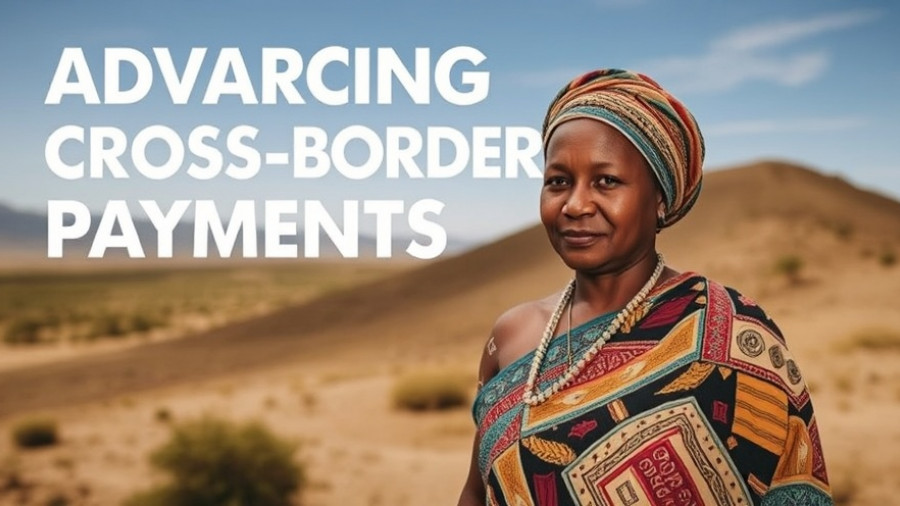
A Leading Voice in Cross-Border Payments: Lesetja Kganyago's Vision
As the Governor of the South African Reserve Bank (SARB), Lesetja Kganyago has taken center stage in advancing discussions on cross-border payments, particularly during South Africa's presidency of the G20. This effort highlights the critical need for robust financial systems that facilitate international transactions, which are essential in today's interconnected economy.
The Importance of Cross-Border Payments
In the global marketplace, cross-border payments are of paramount importance. These transactions, involving multiple currencies and navigating various regulations, are essential for businesses, individuals, and governments alike. They are crucial for trade and investment, further promoting economic growth and enhancing global financial systems' overall efficiency. Kganyago emphasizes the significance of focusing on these payments, particularly for Sub-Saharan Africa, which faces higher transaction costs compared to other regions.
Insights from the G20 Presidency
During South Africa's G20 Presidency, Kganyago has prioritized cross-border payments, outlining a strategy that recognizes their economic implications. As he stated at the G20 meeting in Washington, "We have made significant progress and identified specific payment corridors within the Southern African Development Community (SADC)." The establishment of a structure of governors to oversee this issue could mean the introduction of more streamlined protocols that can reduce costs and enhance security in cross-border transactions. A unified approach within SADC is likely to strengthen regional economic integration.
Challenges in the Current System
Despite these advancements, several challenges remain. The complexity of navigating various banking systems and compliance with regulations continues to be a major hurdle. These issues can delay transactions and inflate costs, making it necessary for stakeholder collaboration among nations. Importantly, fostering partnerships with organizations like the IMF and World Bank is critical to reduce transaction costs and improve the reliability of payment systems.
Economic Implications on the Broader Financial Landscape
The initiative to streamline cross-border payments aligns closely with broader monetary policy objectives, including financial stability and the maintenance of a stable currency. As Kganyago remarks, effective management of cross-border payments is integral to ensuring currency protection and maintaining the rand's value. This coherence is essential for both local and foreign investors seeking stability in the financial markets.
The Future of Cross-Border Payments: Opportunities Ahead
Looking ahead, the integration of technology in financial services presents tremendous opportunities. Innovations in digital banking and secure transaction platforms can significantly reshape cross-border payments. The adoption of financial technologies can ease barriers, improve speed, and enhance transparency in the payment processes. As the world embraces these changes, regulators and financial institutions must navigate their evolving roles to adapt to the resulting dynamics.
Conclusion: Navigating Change in Financial Landscapes
Lesetja Kganyago's efforts signal a pivotal shift in how cross-border payments are perceived and structured within the G20 framework. As the financial landscape evolves, understanding and addressing the challenges associated with these payments is vital for ensuring sustainable economic growth and fostering a resilient financial system. The SARB's commitment to enhancing collaboration among nations, and prioritizing efficiency in payment systems, will create a more integrated economy that can adapt to various economic scenarios. Stakeholders in the financial sector must remain informed and proactive in this evolving environment.
For ongoing insights into this landscape and to better understand how these changes may impact your operations and finance, stay tuned for updates on the upcoming G20 summit outcomes.
 Add Row
Add Row  Add
Add 




Write A Comment